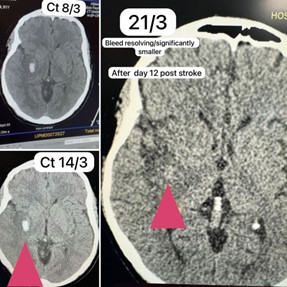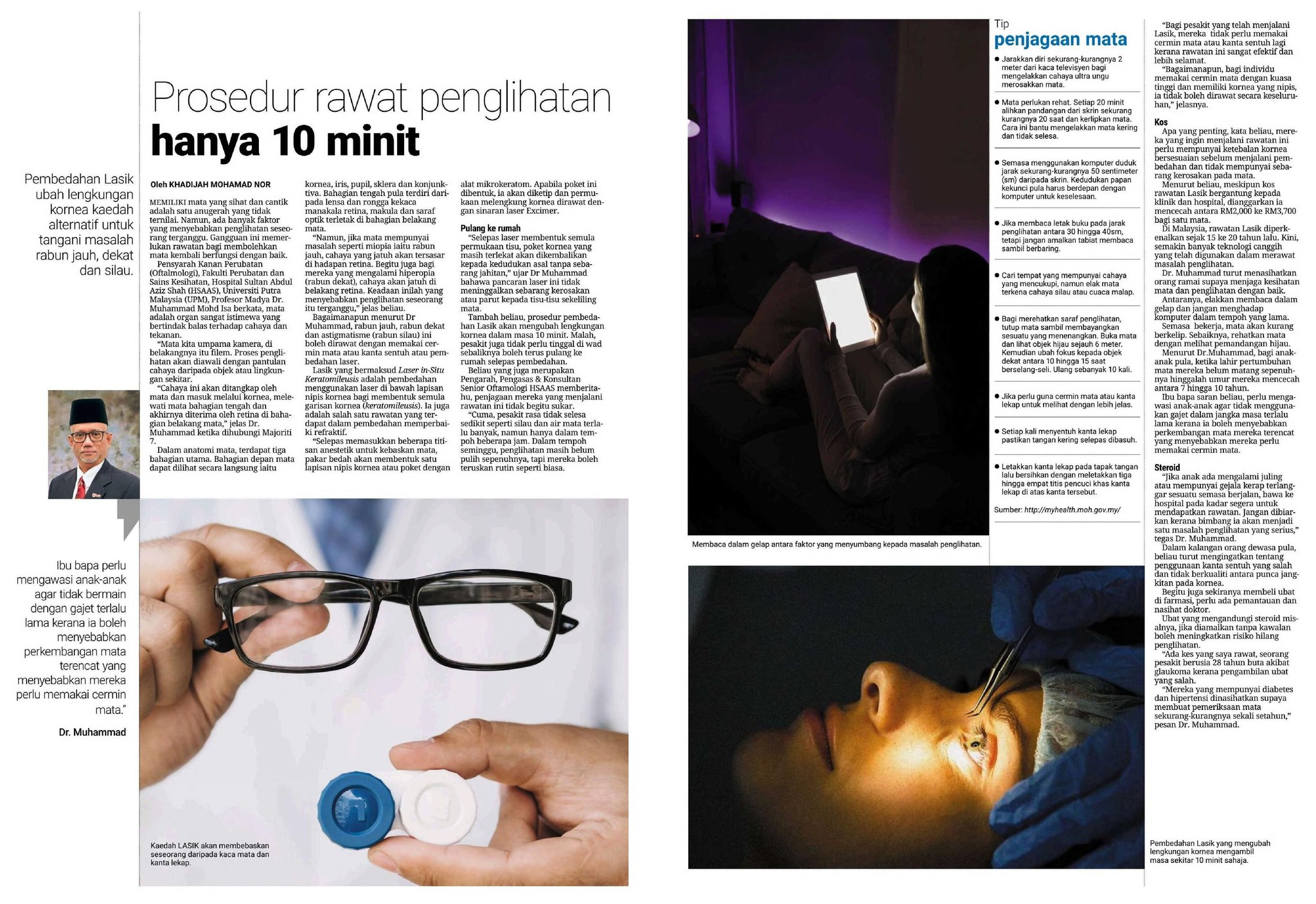**This article was published in English and has no translation in Bahasa Melayu**
**This article was published in thestar.com.my on 05 September 2020.**
Ashley Tang and Clarissa Chung | 05 September 2020
 Code of conduct: Clear directions could be given to foreigners such as allowing them to enter the country and undergo the 14-day mandatory quarantine.
Code of conduct: Clear directions could be given to foreigners such as allowing them to enter the country and undergo the 14-day mandatory quarantine.
PETALING JAYA: While health experts agree that Malaysia must tighten border controls to curb imported Covid-19 cases, other factors besides total confirmed cases must be considered when assessing whether a country is “high risk”.
Universiti Malaya professor of epidemiology and public health Prof Dr Sanjay Rampal said having an indicator to determine the Covid-19 risk level of a country to control international borders was vital.
“Preventing imported cases from spreading the infection locally is a priority towards managing this pandemic.
“In addition to mandatory quarantine, restricting people from current high-risk countries may decrease the likelihood of another large outbreak.
“It is helpful to classify countries as having ‘low’, ‘moderate’ or ‘high’ risk based on an indicator, and to use that indicator to calibrate the intensity of our standard operating procedure (SOP).
“Dynamic and responsive SOP is more sustainable, ” he said when contacted.
He suggested that instead of using the cumulative number of reported Covid-19 cases as a measurement of a country’s risk level, a country’s population size and density over a particular time period should be accounted for.
“The current severity of Covid-19 may be better measured by calculating active cases over the past 14 days per million population, ” he said.
He noted however that not all countries publish data of active cases daily, which may make it complicated to assess the risk level of a country.
Malaysian Public Health Medicine Specialist Association president Dr Zainal Ariffin Omar said it was not necessary to impose a ban on citizens from countries with more than 150,000 cases.
Dr Zainal said the 14-day mandatory quarantine for foreigners entering the country was enough to prevent them from spreading the virus here.
“The blanket (ban) policy will also slow down the country’s economic recovery and this will make life difficult for affected families, ” he said.
Dr Zainal said clear directions could be given to foreigners such as allowing them to enter and undergo the 14-day mandatory quarantine.
“All the cost of quarantine and treatment will also be borne by the individuals. They must also not have any symptoms or have any contacts with anyone carrying the virus as well as the government having the right to cancel the permission of their entry at any time, ” he said.
Universiti Putra Malaysia epidemiologist Assoc Prof Dr Malina Osman said the banned entry of citizens of countries with more than 150,000 Covid-19 cases was a good move.
“We have observed for the past few months, that the number of imported cases has contributed to a significant number of new cases in Malaysia.
“The decision helps to reduce the risk of transmission or the possible introduction of a new strain to our country, ” she said.
She added that the imported cases also meant that the number of people to be quarantined was also high, causing the government to bear higher costs.
Senior Minister Datuk Seri Ismail Sabri Yaakob announced on Thursday that the government would impose an entry ban on citizens of countries with more than 150,000 Covid-19 cases.
The new policy, which will start next Monday, will affect citizens of countries like the United States, the United Kingdom, Brazil, France, as well as India, Indonesia and the Philippines.
Date of Input: 07/09/2020 | Updated: 07/09/2020 | amirahhani
MEDIA SHARING











 Code of conduct: Clear directions could be given to foreigners such as allowing them to enter the country and undergo the 14-day mandatory quarantine.
Code of conduct: Clear directions could be given to foreigners such as allowing them to enter the country and undergo the 14-day mandatory quarantine..jpg)















